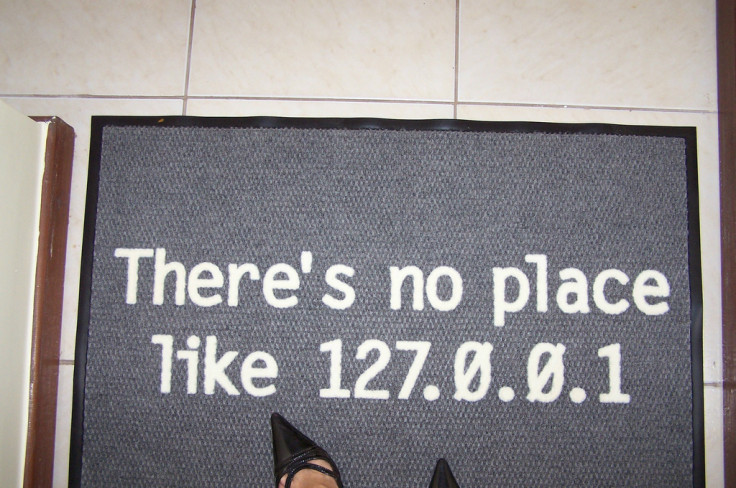Universal Pictures asks Google to delist itself in localhost 127.0.0.1 online piracy bungle

Universal Pictures went a bit overboard in trying to protect the intellectual property of its latest films Jurassic Park and Furious 7, by demanding that Google delist the IP address 127.0.0.1, or rather, itself, from the search engine.
The movie industry is notorious for sending out Digital Millennium Copyright Act (DMCA) takedown requests to websites that host links to pirated content, and the same notices are also delivered to Google.
However, Universal Pictures has not taken the time to check the notices with anyone IT literate, as they have requested for legitimate IP addresses like 127.0.0.1 be removed.
127.0.0.1 is a special purposes loopback address employed by a user to identify that his own computer has an IP connection and is often used by system administrators to test computer networking equipment and make sure that applications are working properly.
So essentially, Universal is asking Google to help delist itself. It would seem rather strange that Universal would pick up this particular IP address while searching the internet for infringing links, as it means that when the computer was scanning for infringing links, it picked up that it too was sharing pirated content.
Copyright protection software probably needs a revamp
When novices are being taught to become hackers, they are often tricked by their teachers into hacking or infecting 127.0.0.1 with malware, thus infecting their own computer.
Chilling Effects, a website documenting all online content removal requests run by seven universities including Harvard, Stanford and Berkeley, has numerous records of copyright holders sending DMCA notices to Google for the IP address 127.0.0.01.
If you look closer at the DMCA complaint submitted by Universal Pictures, it appears that they are being represented by Trident Media Guard, a French software company that specialises in creating software to prevent the unauthorised copying of files over the internet.
This same company is also responsible for helping the French government enforce its copyright-protecting HADOPI law by issuing repeat offenders with fines.
Well, you would think that a software company would know how 127.0.0.1 worked, but clearly not.
Obviously the error is due to a buggy automated system that generates results that are immediately sent out in DMCA notices, but perhaps this means that copyright holders and the software firms they work with should get a clue.
© Copyright IBTimes 2025. All rights reserved.






















